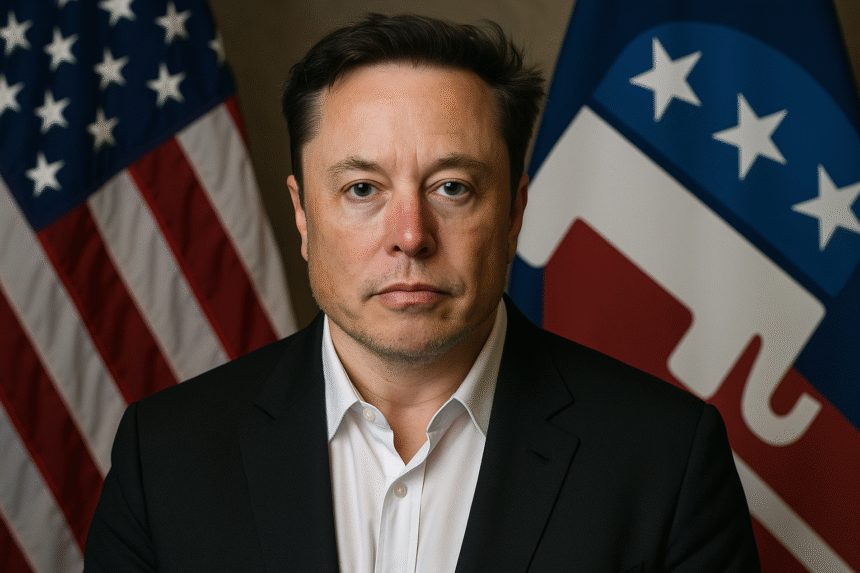In an unprecedented departure from the domain of technology, space, and markets, Elon Musk has formally entered the political arena with the launch of his own political entity—the America Party. This announcement, while startling to some, is a culmination of years of ideological signaling, calculated disruptions, and strategic alignment with American populist sentiment.
A Transition from Influence to Authority
For nearly a decade, Musk influenced policy indirectly—from opposing California’s regulatory mandates to critiquing pandemic-era lockdowns. With the acquisition of Twitter (now X), he gained more than a social media platform; he gained a political instrument. Through it, Musk created ideological proximity with conservative libertarians, free-speech absolutists, crypto-nationalists, and disaffected centrists. His messaging—anti-bureaucracy, pro-individualism, and technologically future-forward—was loud, consistent, and increasingly influential.
The timing of the America Party’s announcement is not accidental. With Donald Trump’s legal eligibility for future races in question, the Republican Party fractured between MAGA loyalists and moderate traditionalists. Musk, whose support for Trump-era policies was never fully doctrinal, sensed a void: a desire for nationalism without disorder, reform without revolution.
Philosophical Positioning: A Technocratic Nationalism
The America Party is neither conventionally Republican nor traditionally Libertarian. It champions:
Fiscal discipline over populist spending A strong but streamlined federal government Technological modernization of defense, economy, and governance Bitcoin and decentralization as economic priorities Pro-natalism as a national demographic imperative Absolute defense of free speech and constitutional rights
In essence, Musk is offering a platform of technocratic nationalism—a belief that innovation, economic sovereignty, and national pride are not mutually exclusive, but essential counterparts in 21st-century governance.
The Strategic Fallout
Musk’s pivot has significant consequences. For one, his prior financial and rhetorical support for Trumpist candidates now seems less an endorsement and more a prelude—a campaign to normalize his own beliefs within the populist base. With his new platform, Musk may fracture the right further, drawing support away from Republican candidates without aligning with Democrats.
Additionally, his involvement will test whether a non-career politician with unparalleled reach and capital can translate personal influence into electoral traction. The America Party’s success—or failure—will depend on ballot access, legal recognition, and Musk’s willingness to commit to conventional campaign mechanics.
A New Axis of American Politics?
The 2028 elections are already being reshaped by this entry. The decline of institutional trust, economic uncertainty driven by AI, and increasing ideological exhaustion are pushing voters to seek clarity, competence, and conviction. Musk’s proposition is not just another option—it is a new axis, reframing the debate from left vs. right to legacy vs. future.
Whether voters accept that framing is yet to be seen. But Musk’s message is clear: he is no longer content building rockets, cars, and neural chips. Now, he intends to build a country.

